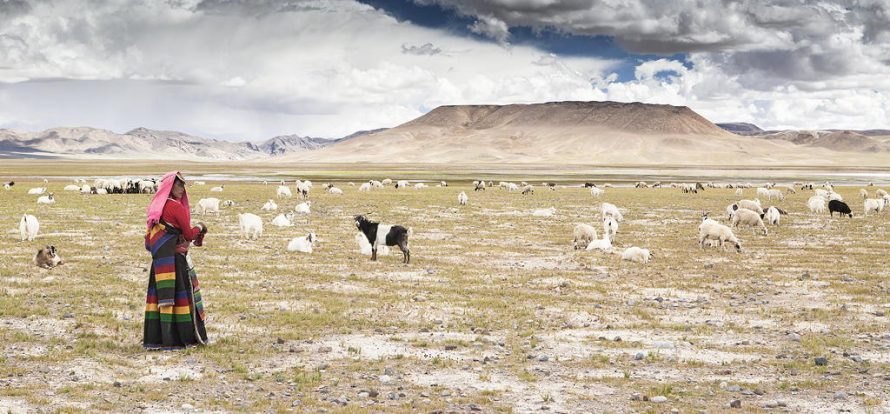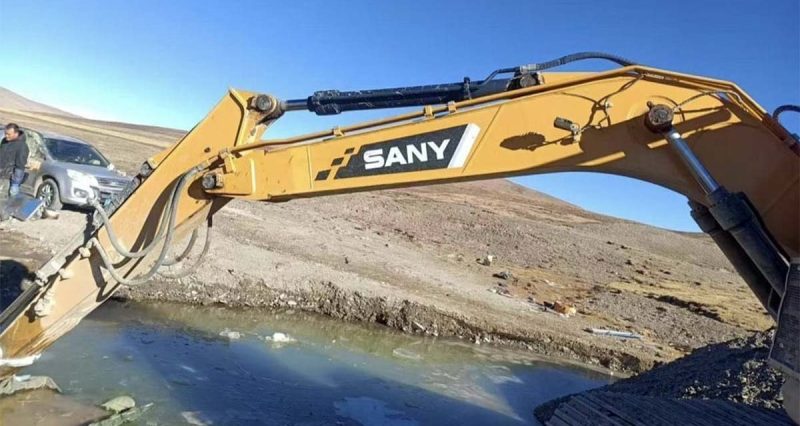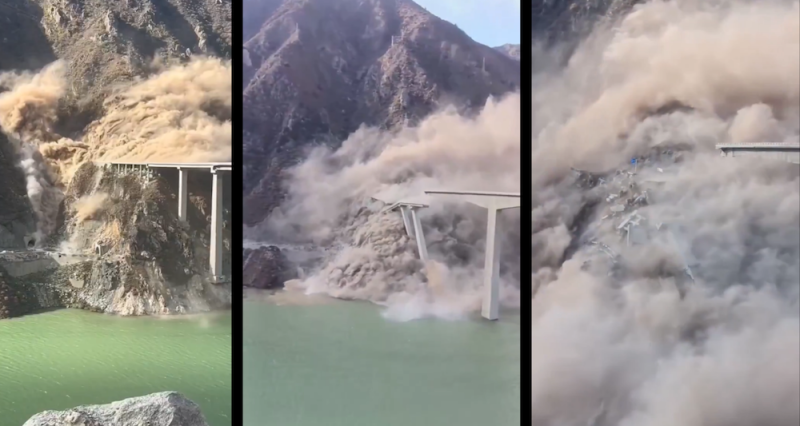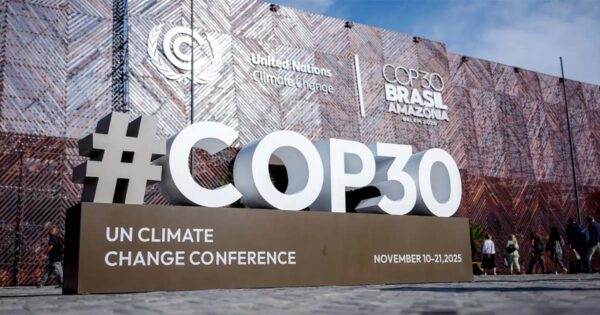Surrounded by high mountains and with an average elevation of 4,500 meters above sea level, the Tibetan Plateau is one of the most environmentally strategic and sensitive regions in the world.
Known as the “Third Pole” because of its importance as the largest repository of fresh water outside the North and South Poles, it is also home to a rich and unique flora and fauna, including endangered species such as the Tibetan antelope and the snow leopard. However, in recent years, China’s policies of fast-track development based on an urban industrial model in Tibet have been damaging this fragile high-altitude ecosystem. Intensive infrastructure construction and large-scale mining are causing the desertification of the grassland and the pollution of the rivers, with devastating implications for Tibet, but also for the two billion people in Asia who are dependent on its rivers, as well as for the global climate.

In fact, the issue of environment in Tibet is intimately linked to human rights. For Tibetans, who have lived in harmony with nature for centuries based on the principles of interdependence enshrined in their religious beliefs and customs, the degradation of the environment is a deep source of concern, and several environmental protests have taken place in various regions of Tibet in recent years. But the Chinese police, in contravention of international human rights, has been heavy-handed in its response, with arrests and an excessive use of force. Moreover, under the pretext of development and ecological preservation, the Chinese government has accelerated programs of resettlement, land confiscation, and fencing of pastoral areas inhabited primarily by Tibetans nomads, dramatically curtailing their livelihood. Thousands of Tibetan herders have been forced to slaughter their livestock, move into newly-built housing colonies in or near towns, and abandon their traditional way of life – all this despite a scientific consensus that indigenous stewardship and herd mobility is essential to the health of the rangelands and helps mitigate climate change. These policies are generally implemented without the consultation or consent of the people affected, who have had no chance to challenge them.
Related news and resources

Mass detentions following protest against gold mining in eastern Tibet
Many Tibetans have been detained in Kashi township, Sershul County in eastern Tibet following their protest in early November against gold-mining operations at their traditional grazing site known as Serkhok.

Beyond the Bridge: Warning signs of geologic instability and hydropower dam-induced displacement and disaster in Tibet
The November 11, 2025, collapse of the newly constructed 758-meter-long cantilever Red Flag bridge in eastern Tibet demonstrates the severe risks associated with massive Chinese infrastructure projects in Tibet.

COP30 climate conference opens in Belém: calls for a just transition that respects human rights and justice – spotlight on Tibet
As COP30 continues in the heart of the Amazon, the International Campaign for Tibet urges negotiators and stakeholders to ensure that the principle of a just transition becomes reality. This depends on concrete action to recognize the rights of those whose voices are systematically silenced, such as the Tibetan people.